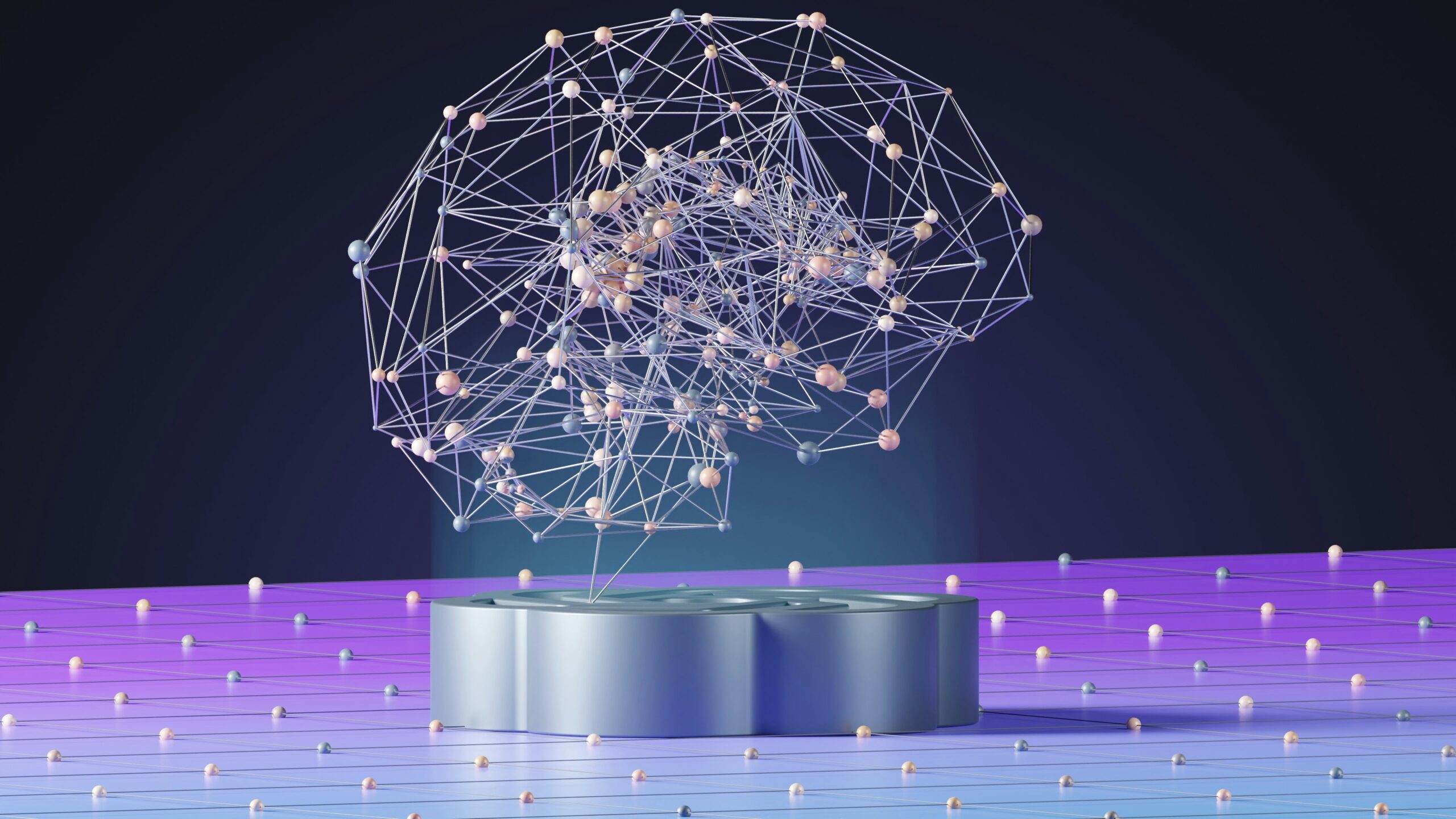Imagine a world where machines not only think for themselves but also ensure that every decision they make is transparent, secure, and fair. That’s the vision emerging at the intersection of artificial intelligence (AI) and blockchain—a synergy that has the potential to reshape industries, redefine trust, and revolutionize how we interact with digital systems.
The Powerhouses: AI and Blockchain
Artificial Intelligence enables machines to mimic human intelligence—learning, reasoning, and making decisions. From chatbots and self-driving cars to predictive analytics in healthcare, AI is already woven into our daily lives. On the other hand, blockchain is the technology behind cryptocurrencies like Bitcoin and Ethereum. It’s essentially a decentralized ledger that records data in a tamper-proof and transparent way.
Individually, these technologies are game-changers. But when combined, they offer solutions to each other’s limitations.
Bridging the Gaps
One of the biggest criticisms of AI is its “black box” nature. Even developers sometimes struggle to understand how a neural network reached a certain decision. This opacity raises ethical concerns, especially in critical sectors like finance, healthcare, and criminal justice. Enter blockchain. By logging AI decisions on a blockchain, developers can create an immutable audit trail. This means anyone can verify how an AI reached a decision, adding a crucial layer of accountability and trust.
Conversely, blockchain systems—though secure and transparent—lack flexibility and adaptability. They follow hard-coded rules and can’t make decisions on the fly. AI fills that gap. Imagine an AI-enhanced blockchain that automatically detects fraudulent transactions or optimizes supply chain logistics in real-time based on predictive models. The blend of adaptability (AI) and reliability (blockchain) opens doors to dynamic and secure systems.
Real-World Applications
Let’s explore how this combination is already making waves:
1. Supply Chain Transparency
AI can predict delays, optimize routes, and detect anomalies in shipping data. When combined with blockchain, every stage of the supply chain—from raw material sourcing to final delivery—can be securely recorded and monitored. This is especially vital in sectors like pharmaceuticals and food, where counterfeit products or spoilage can have severe consequences.
2. Healthcare
Patient data is sensitive, and AI-powered diagnostics are increasingly being used to detect diseases. With blockchain, medical records can be securely stored and only shared with authorized parties, while AI ensures faster and more accurate analysis. Patients remain in control of their data, and doctors can trust the analytics behind AI recommendations.
3. Finance
Robo-advisors and AI trading bots are becoming common in investment platforms. Integrating them with blockchain could reduce fraud, improve auditability, and enhance compliance with regulatory standards. Smart contracts—self-executing agreements on the blockchain—can further automate payouts and investment decisions based on AI analysis.
4. Digital Identity
AI can verify identities using facial recognition or behavioral data. Blockchain can store identity credentials in a decentralized, tamper-proof manner. The result? A self-sovereign identity system where individuals control their data and platforms can instantly verify authenticity without compromising privacy.
Challenges to Watch
Despite the exciting potential, marrying AI and blockchain isn’t without challenges:
- Scalability: AI requires vast amounts of data and computation, while many blockchains struggle with transaction speeds and storage limitations.
- Energy Consumption: Both technologies can be power-hungry, especially when using proof-of-work blockchains and large-scale AI models.
- Data Quality: AI systems are only as good as the data they’re trained on. Ensuring high-quality, unbiased data stored on a blockchain is critical.
That said, newer consensus mechanisms like proof-of-stake and advances in federated learning (a technique where AI models learn without centralized data storage) are helping to address these concerns.
The Road Ahead
The convergence of AI and blockchain isn’t just a technical novelty—it’s a paradigm shift. As industries continue to digitize and automate, the demand for systems that are not only intelligent but also trustworthy will skyrocket.
Governments and organizations are beginning to recognize this potential. For example, the European Union has explored blockchain-based AI governance frameworks to ensure transparency and compliance with data protection laws. Startups are also innovating at lightning speed—building decentralized AI marketplaces, tokenized data ecosystems, and AI-powered DeFi platforms.
In the future, you might see AI-powered autonomous organizations (DAOs) running entire businesses on the blockchain without human intervention. Or smart cities where AI manages energy and traffic while blockchain ensures all data is secure and auditable.
Final Thoughts
AI and blockchain are often seen as complex, futuristic technologies. But together, they offer very human benefits: fairness, security, transparency, and empowerment. Whether it’s preventing fraud, protecting your privacy, or helping you make smarter decisions, the synergy between AI and blockchain is more than just a tech trend—it’s a foundation for a more accountable digital world.
The question isn’t whether these technologies will change the world—but how quickly we can harness their combined power to build systems that truly serve us all.

